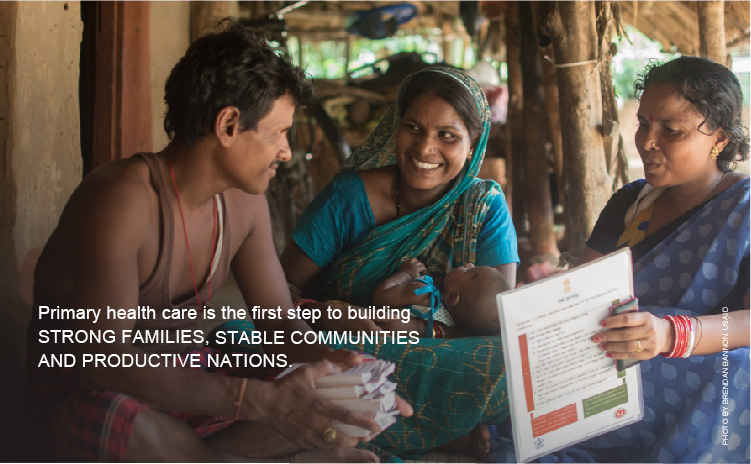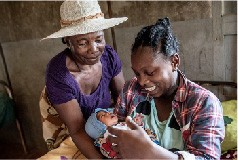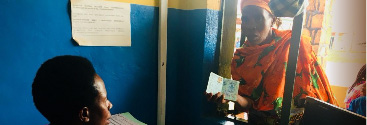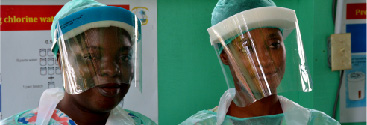- What We Do
- Agriculture and Food Security
- Democracy, Human Rights and Governance
- Economic Growth and Trade
- Education
- Environment and Global Climate Change
- Gender Equality and Women's Empowerment
- Global Health
- Humanitarian Assistance
- Transformation at USAID
- Water and Sanitation
- Working in Crises and Conflict
- U.S. Global Development Lab
Speeches Shim

Achieving health goals and improving health systems performance begins by investing in primary health care. Strong primary health care systems pave the way for countries to build healthy families, stable communities, productive economies and promote self-reliance. They help safeguard national security as the first line of defense against public health threats, infectious disease outbreaks and other events affecting health systems.
USAID partners with countries to advance primary health care, particularly at the community level. We believe that strengthening primary health care systems cannot be achieved with public sector solutions alone. Our work promotes a mix of public, private and civil society based systems that recognize the power of communities to influence the quality of their health systems, offer greater resources when working together within the health system and lead to more responsive services, lower or equivalent costs, higher standards of quality, greater efficiencies and broader acceptance by local communities.
Joint Statement from USAID and International Organizations on the Implementation of Primary Health Care [PDF, 74KB]
COMMUNITY BASED PRIMARY HEALTH CARE IS CRITICAL
Community-based primary health care is critical for achieving the sustainable development goals for health and critical for high performing health systems. Evidence shows that if the complete package of evidence-based interventions reaches all mothers and their children at the community and primary health care level, millions of deaths would be averted each year.
To build and strengthen primary health care systems, the public and private sectors, including civil society organizations, need to value communities as full partners in this e ort. USAID’s Child Survival and Health Grants Program (CSHGP) was an example of this model in action. The program mobilized U.S. citizens, national and local governments, civil society organizations, and communities in 65 countries around the common goal of preventing child and maternal deaths.
USAID PLAYBOOK FOR ADVANCING PRIMARY HEALTH CARE

USAID relies on partner institutions to help advance primary health care and raise awareness for the progress we’ve achieved. Download our USAID Playbook for Advancing Primary Health Care [PDF, 9.8MB] to see how we frame the results of USAID’s work in advancing primary health care. Feel free to share the information provided and use it to supplement your own communications for primary health care. You can also follow us @USAIDGH on Twitter and Facebook and use #HealthForAll and #PrimaryHealthCare to help generate momentum around the conversation on primary health care.
(2018) USAID Playbook for Advancing Primary Health Care [PDF, 9.8MB]





Comment
Make a general inquiry or suggest an improvement.